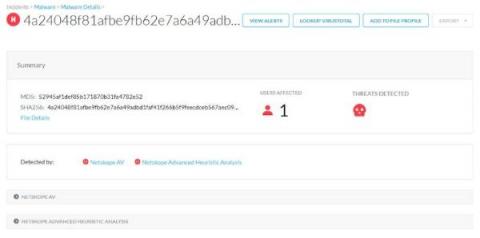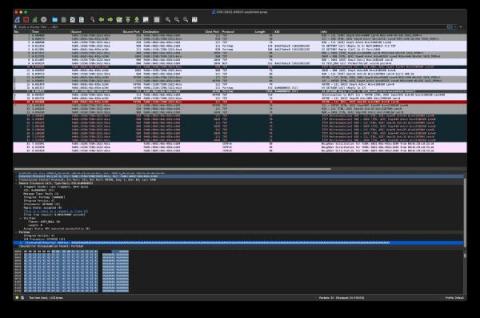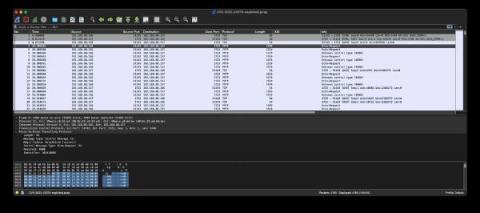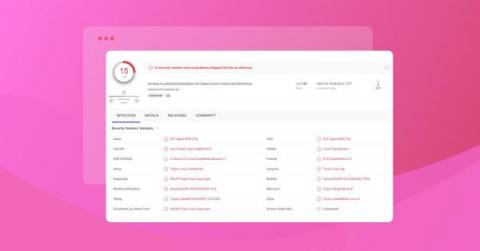CVE-2022-30190: New Zero-Day Vulnerability (Follina) in Microsoft Support Diagnostic Tool
On May 27, 2022, a Microsoft Office document was submitted from Belarus to VirusTotal, using a novel method to deliver its payload. This new technique was identified as a Zero-Day RCE (Remote Code Execution) vulnerability in Microsoft Support Diagnostic Tool (MSDT), which is now being tracked as CVE-2022-30190. As of this writing, it affects only Windows computers running with MSDT URI protocol enabled.











